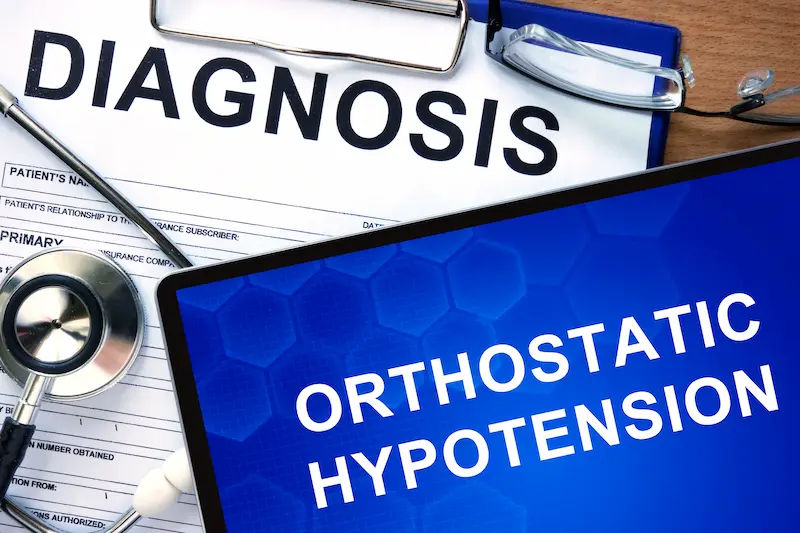- Male
- 62 Years
- 22/01/2025
My dad's pulse oximeter reading is 97 and his pulse rate is at 110. Is the pulse rate considered normal? I'm a bit concerned and would appreciate some advice.
Answered by 1 Apollo Doctors
a pulse rate of 110 beats per minute is slightly elevated but can still be considered normal, especially if your father is not experiencing any other symptoms. However, it would be best to monitor his pulse rate regularly and consult with a healthcare professional if you have any concerns. As for the pulse oximeter reading of 97%, this indicates that his blood oxygen saturation level is within the normal range. There is generally no need to worry about this reading. If your father continues to have a pulse rate of 110 or if you notice any other concerning symptoms, please consult with a healthcare provider for further evaluation.
Dr. Shubham Suggests...
Consult a Cardiologist
Answered 04/07/2025
0
0

More Cardiology Health Queries
View allCan someone explain what's going on with my mom's ECG report? The doctor said it's abnormal, and we need to do a TMT test in a month. They've given us some meds, but I really want to understand what's up. Any insights?
While I can't view attachments, an abnormal ECG can indicate several potential issues, such as arrhythmias, ischemia, or abnormalities in the heart's structure. It's important to follow your doctor's recommendation to perform a TMT (treadmill test) as it will provide more information about how your mother's heart functions under physical stress. The prescribed medications are likely aimed at managing her condition in the meantime. Please ensure she follows her treatment plan and consults her healthcare provider if any new symptoms arise.
Answered by 1 Apollo Doctors
I've recently been paying attention to my heart rate and I'm not really sure if it's normal or not. Right as I was about to fall asleep, I checked my Apple Watch and saw my heart rate was around 50-60 bpm. Sometimes it speeds up quickly even though I don't work out much. I think maybe I'm dealing with anxiety or exam stress. Is this kind of thing normal?
Just as you were falling asleep, a heart rate of 50-60 bpm is within the normal range for adults at rest. However, if you are experiencing rapid increases in heart rate due to anxiety or stress, you may benefit from a beta-blocker medication like Propranolol. The usual dosage for anxiety is 20-40mg taken 3-4 times daily. It can help reduce the physical symptoms of anxiety, such as rapid heart rate.
Answered by 1 Apollo Doctors
I was recently diagnosed with mild AR 3rd valve and I'm a bit worried how serious is this condition? Is surgery the only option or can it be managed with medications? Also, I have allergic bronchitis that flares up during allergy season wheezing and trouble breathing from pollen, dust, and pollution. Can this be completely cured or is it something I'll have to manage long-term?
Mild aortic regurgitation (AR) with a 3rd valve can often be managed with monitoring and medication, and surgery is not always the first or only option. Allergic bronchitis is generally managed long-term, with treatments aimed at controlling symptoms and minimizing exposure to allergens
Answered by 1 Apollo Doctors
Disclaimer: Answers on Apollo 247 are not intended to replace your doctor advice. Always seek help of a professional doctor in case of an medical emergency or ailment.


_4.webp)


